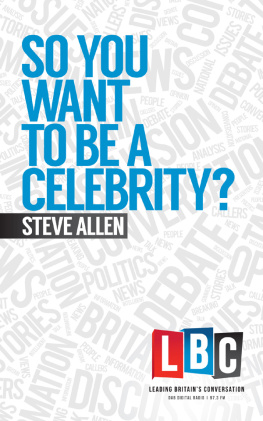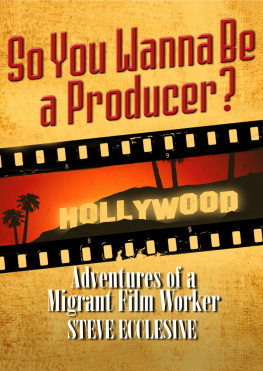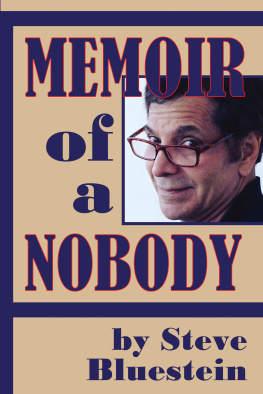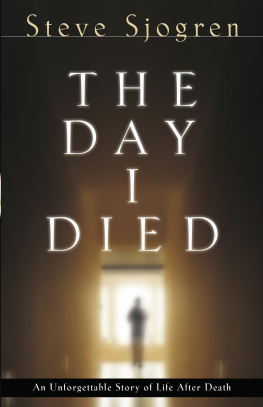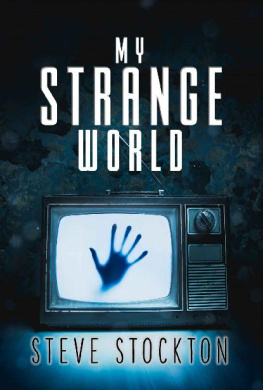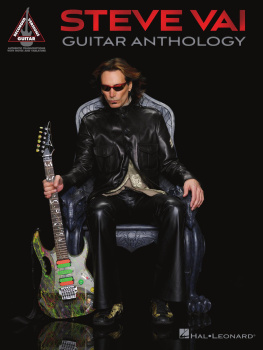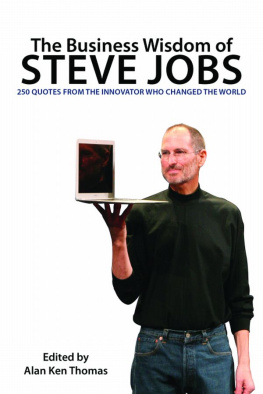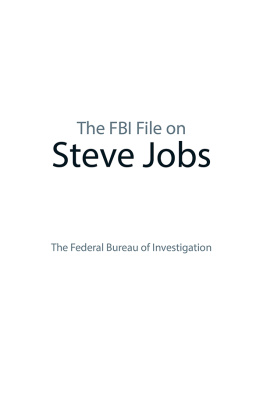
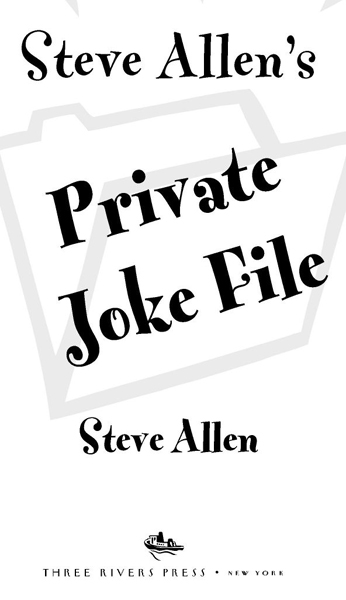
Table of Contents
To my dear grandchildrenDan, Julie, Stephanie,
Christopher, Michael, Bobby, Bradley, Amanda, Jeff,
Maria, Andrew and Ryanin gratitude for their so greatly
adding to my happiness.
Introduction
Years ago, when the realization dawned upon me that I had rather accidentally become a professional comedian, it occurred to me that it might be a good idea to begin salting away jokesmy own or any in the public domainin order that I might one day have a nice substantial joke-account to draw on should creatively grim times set in.
For a while I filed gags like a beaveror more to the point, like Milton Berle, Bob Hope, or Red Skeltonand then came the day when I began having trouble finding particular jokes in the stack. I had created not a gag-file but a gag graveyard. Jokes went in, but they hardly ever came out again.
It has always seemed to me that my old Whats My Line? friend, the late Bennett Cerf, was involved in precisely the same sort of cemetarial pursuit. Although one of his joke books was titled TheLife of the Party, the reader will not become the life of most parties by retelling the stories this collection includes for the reason that these are the stories that were told at the preceding years parties. Bennett did an effective job of gathering and indexing them, and laying them away to rest in straight-faced peace.
The ultimate value of such books, I think, will not accrue to us at all; they will become valuable a century from now as a means of informing our descendants what it was we laughed at way back in the 1980s and 90s.
And, sad to contemplate, they will probably think at least some of our jokes just as unfunny as we think of those of the nineteenth century, for humor is a fragile thing and little of it keeps well over the years. Even Shakespeares comedies would no longer be performed did they depend solely on their humor content.
Our progeny are apt to be a bit confused, by the way, by the impression some joke books give that our public figures were all great wits, for joke compilers usually go along with the established belief that a good joke will seem better if you credit it to a popular humorist or other prominent person. There is no particular harm in this; its just that someone should let our grandchildren know that most jokes are created by relatively anonymous professional gag writers. Or even if they are ad-libbed by a comedian or senator, they will shortly be credited to fourteen other people.
Caution: Take the present anthology in small doses. Such books are designed to give you weeks of pleasure, not to be read in one night.
Oh, one last albeit depressing thought.
As the twentieth century drew to a close one of the more troubling social issues was the degree to which the popular mediatelevision, radio, films, and recordingshad become unprecedentedly coarse and vulgar. Consider, in this context, two old sayings: You are what you eat and Tell me what you read and Illtell you what you are. Both refer to human appetites and incorporate the common-sense perception that we are influenced, physically and mentally, by what we ingest. Even those who might concede their own depravity were traditionally careful that their children be shielded from the grosser aspects of life. But there was something new about the ugliness of much popular entertainment of the 1980s and 90s, and that was that, far from having a concern for the innocence of children, the modern marketers of sleaze openly resented any and all attempts to inhibit their public expression and obviously, to put the matter as simply as possible, didnt give a damn about the sensitivities of the very young.
Naturally all of this affected the field of comedy itself. Many inexperienced comedians, noting that the easiest laughs come from any reference to drugs, drinking, or sex, became dependent on shock and schlock, and in a surprisingly short period of time were permitted, by broadcasting executives of their own age bracket, to trample on standards of good taste that had prevailed for centuries.
One of the factors contributing to such a state of affairs was simple ignorance, in this case of that branch of history which is cultural. Perhaps many of us today simply do not know that such esteemed wits as Mark Twain, Will Rogers, Fred Allen, Groucho Marx, George S. Kaufman, and Robert Benchley, all of whom were simply naturally funny, never depended on vulgarity to amuse others.
And even the 1930s and 40s generation of nightclub comedians, some of who might work a little rough in clubs, would never have dreamed of doing anything the least bit coarse when they appeared on the Vaudeville stage, on Broadway, in radio, films, or eventually television. It isnt that they wanted to do so but were restrained; the thought literally never crossed their minds.
Well, a quite heated debate is now raging about this and related issues, which is itself all to the good. All across the political and philosophical spectrum thinkers, after nothing more demanding than a casual survey of the wreckage of American society, are beginning to perceive cause-and-effect relationships between the morning, noon, and night barrage of vulgarity and the tragic statistics about teenage promiscuity, illegitimate pregnancy, AIDS and other sexually transmitted diseases, drugs, excessive drinking, and broken homes that are now such common features of our social landscape. They have consequently begun to entertain the once common notion that even in the creative arts there really is such a thing as Going Too Far.
Although some of todays younger readerswho are almost certainly TV viewers and radio listeners as wellmay find it hard to believe, American humor was, for a very long time, to deliberately restate the point, overwhelmingly clean and inoffensive. In other words, exposure to it could do no harm to children. What is still rightly referred to as the Golden Age of television comedy that glorious period when we laughed heartily, every night of the week, at Sid Caesar, Red Skelton, Jackie Gleason, Milton Berle, Lucille Ball, Phil Silvers, and other funny men and women of that timewe asked of our humorists and performers only that they be amusing. We did not have to worry that they might literally disgust us, as is all too often the case at present.
But what about the jokes heard on the street, in our offices and factories, read in magazines or enjoyed at public events? They too were largely innocent enough, and in those instances in which a given joke was frankly vulgarand sometimes also very funny at least we waited till our children had left the room to share such stories with other adults.
Concerning the stories in this collection then, I guarantee that they are both funny and inoffensive. As regards over 98 percent of them I naturally make no claim of authorship. It is rarely the case that a popular song or poem is quickly swept up into the public discourse without attribution to its source, but the same cannot be said for jokes. Frequently over the years people tell me an amusing joke or story of which I myself was the original author, but the great flow of those witticisms that one hears daily, and which are now, because of modern technology, transmitted and broadcast more quickly than ever before, are almost never credited to their authors.
ABSENT-MINDED
I forget what I was talking about. I wasnt listening.
Joe, did you see what I did with that newspaper clipping I had here a minute ago? (fumbling with papers) Honest to gosh, I lose everything. I dont think I could keep track of my head if it wasnt fastened onto my shoulders. In fact, one time, you may not believe this... but I actually had to go to Arizona for my lungs.
Next page

